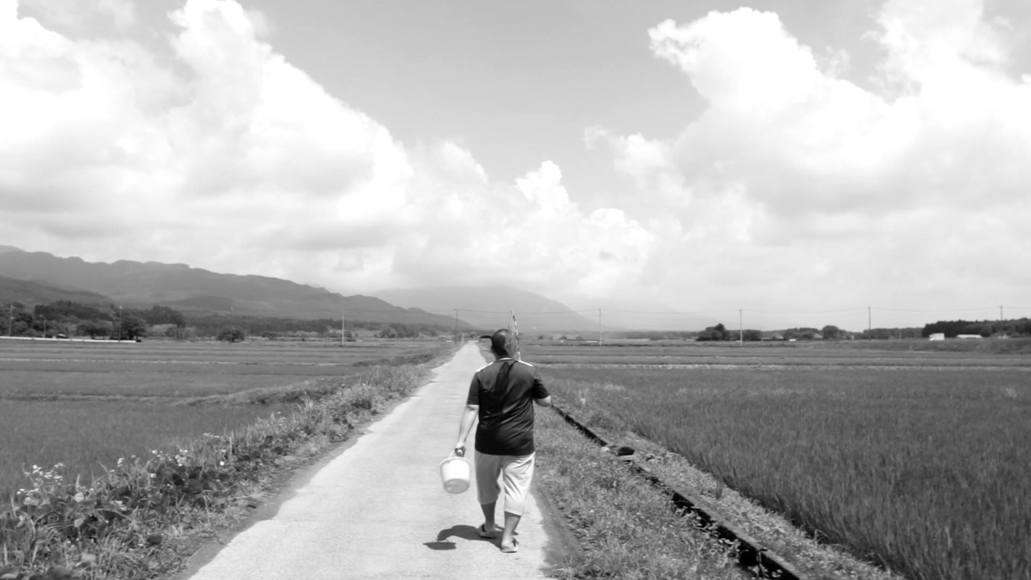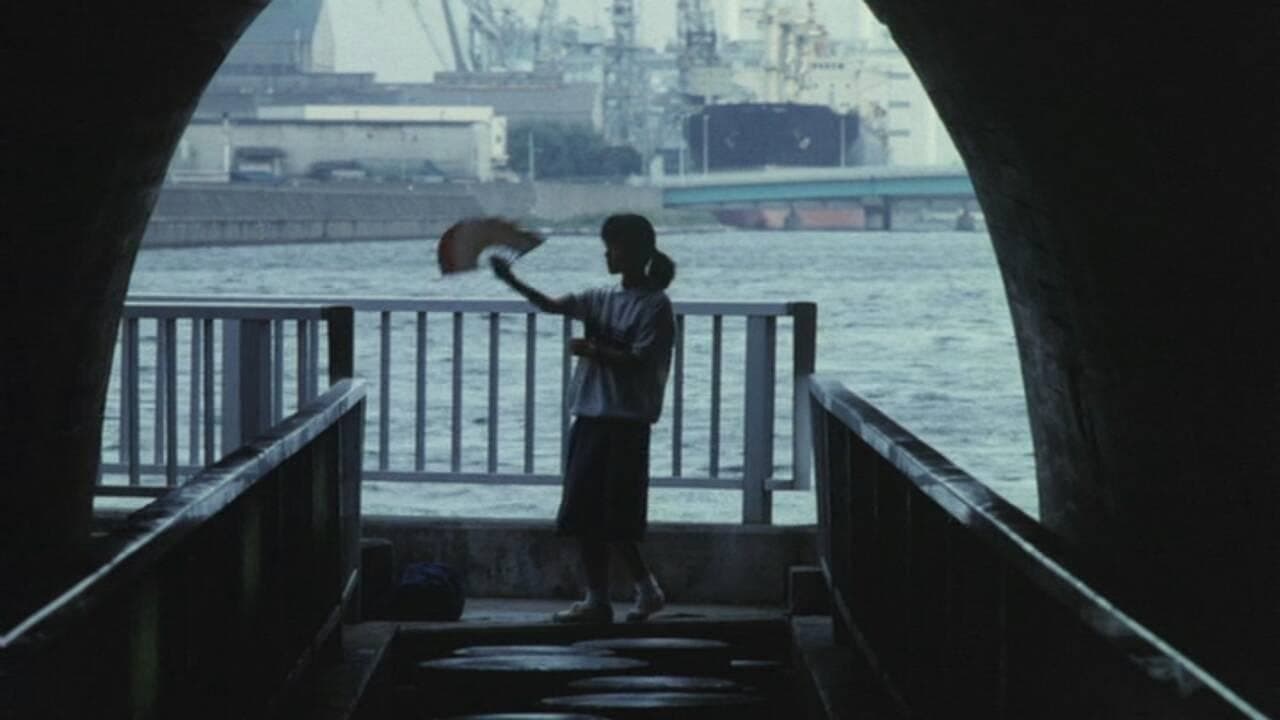20. Joram by Devashish Makhija (India)
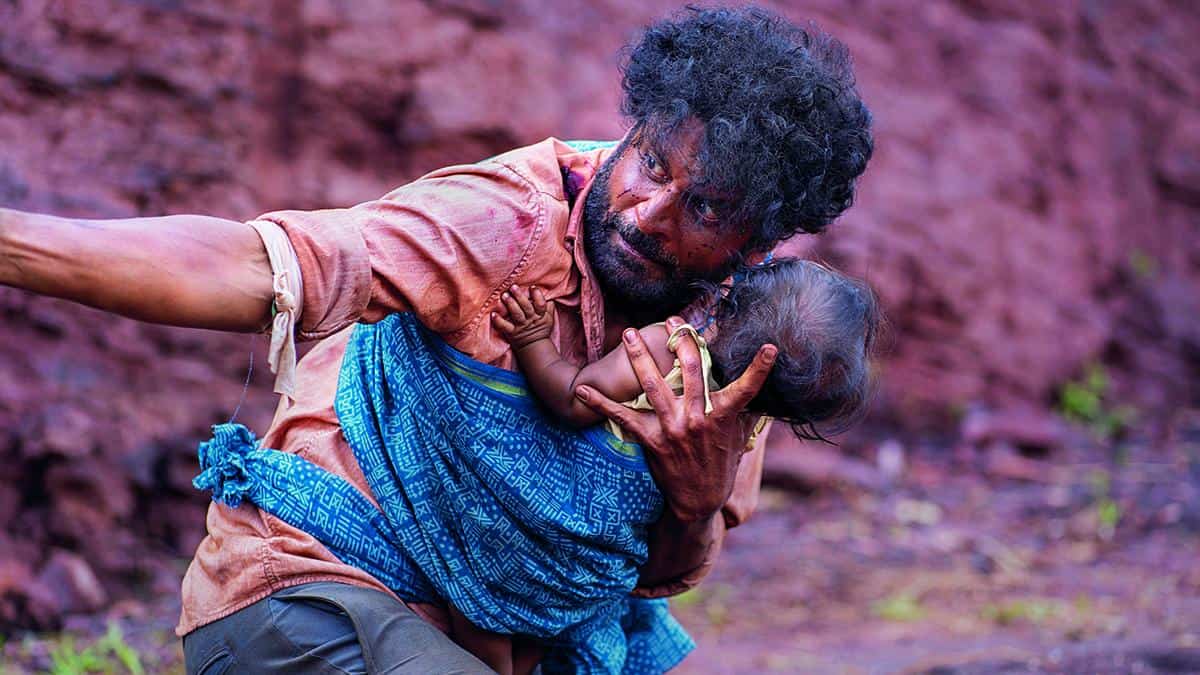
Makhija has been known to use violence in a meaningful way, in order to make his comments more direct and impactful, and “Joram” is no exception, although in this case, this aspect is restricted to some scenes here and there, which do remain, though, among the most memorable in the whole film. This time, however, agony is the main ingredient, with the almost constant chase Dasru undergoes being its main source, along with the fate of the protagonists. Furthemore, and as soon as the setting changes to Jharkhand, the directorial approach occasionally becomes documentary-like, with the circumstances of the tribal people being highlighted quite realistically, while commenting on corruption, land grab, racism, deforestation and displacement of tribals, and the subsequent grief and revenge, in the rather rich context here. (Panos Kotzathanasis)
19. Flowers of Mold by Shim Hye-jung (S. Korea)
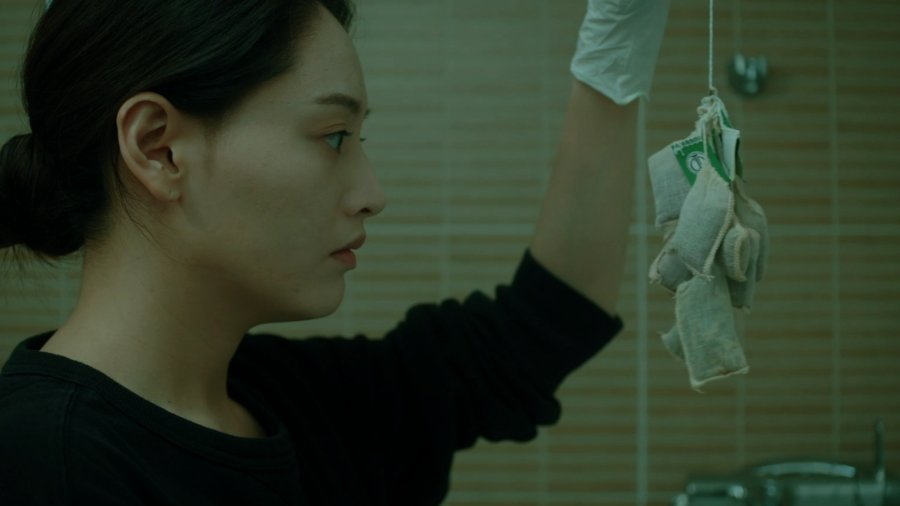
For a love story, therefore, human interactions are far from its strong point, with more technical aspects and post-production where the film succeeds. Kim Ji-ryong's cinematography makes the most of its apartment block setting, with human's living individual lives, as if in fish tanks, side-by-side, while Kim In-young's soundtrack is sparse and matches the design of the film well, if not the most original accompaniment. (Andrew Thayne)
18. Only The River Flows by Wei Shujun (China)
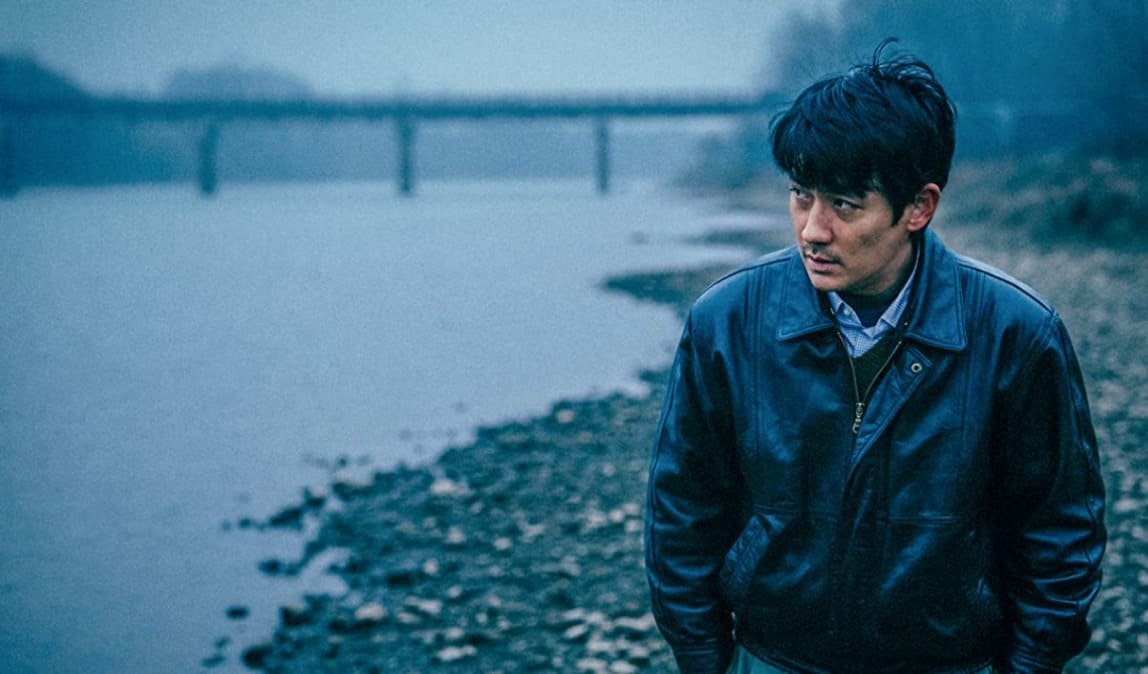
Although “Only the River Flows” emerges as excessively artistic on occasion and will probably find very few fans among crime thriller aficionados, the artfulness that is evident in every frame and the charisma of the protagonists definitely make it a movie worth watching, that will probably appeal intently on fans of art-house/European cinema, in a tendency that seems to accompany a plethora of mainland independent productions. (Panos Kotzathanasis)
17. Seven Winters in Tehran by Steffi Niederzoll (Iran, France, Germany)

“Seven Winters in Tehran” is a documentary that will not leave anyone cold. As Reyhane's story unfolds, the viewer in confronted with a series of incredible crimes against the young woman who was firstly denied any contact to her family, and whose hearing took place a year and a half after the arrest. Before the trial that condemned her to death by hanging for premeditated murder without one single piece of evidence pointing in that direction, she received, just in case, the punishment of 30 lashes. Reyhaneh didn't stand a chance with her ‘victim' coming from a very influential, conservative family who didn't want to pardon her unless she changed her statement and incriminated herself, which she refused to do. Her bravery has inspired many women to continue their fight for basic human rights. (Marina D. Richter)
16. I Look into the Mirror and Repeat Myself by Giselle Lin (Singapore)
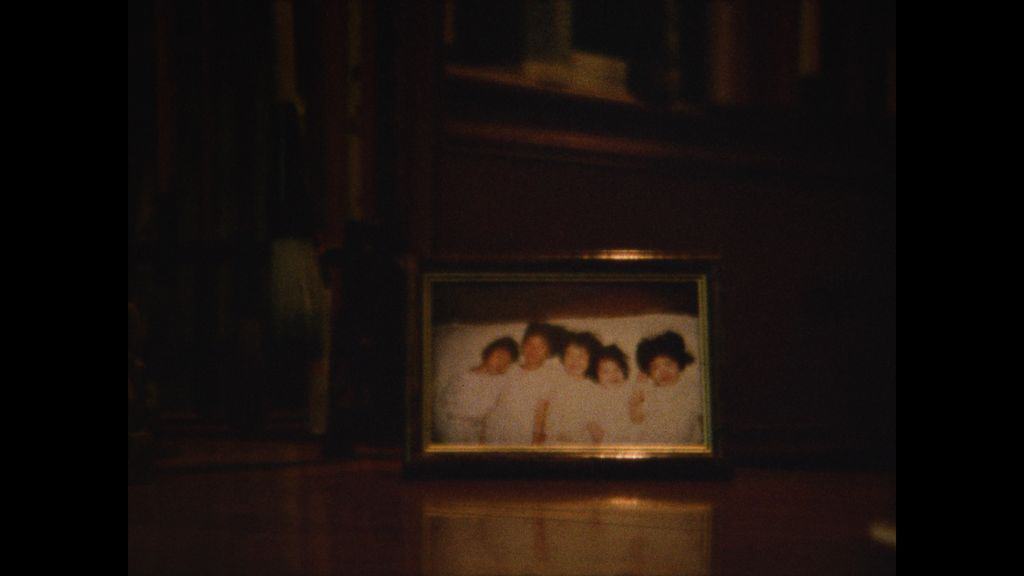
“I Look into the Mirror and Repeat Myself” uses the figure of multiple narrators thus making the truth about the family dynamic more elusive and subjective. Each of the sister's trauma is expressed through different patterns, strange coping mechanisms and memories of bonding, as well as separation. This clear, yet somehow complicated structure makes Lin's film very nuanced in its depiction of the experience of growing up in a dysfunctional family constellation. (Olek Mlynski)
15. Perfect Days by Wim Wenders (Japan, Germany)
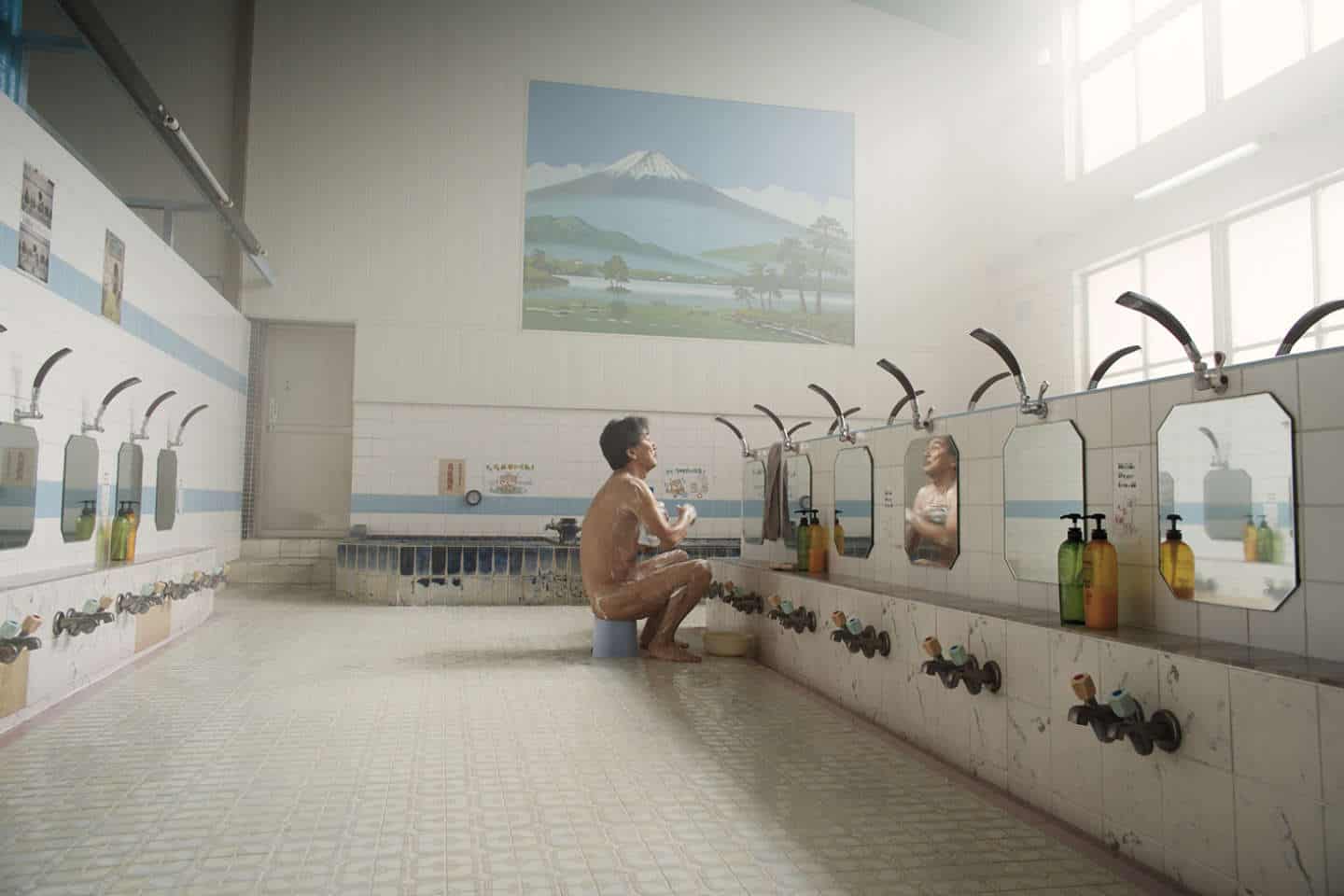
“Perfect Days” is a one-man-show of Koji Yakusho, and the movie's success is largely dependent on the incredible quality, range, depth and charisma of one of Japan's most renowned and most accomplished actors. We get to follow his Hirayama through his most normal days, mostly wordlessly. Hirayama gets up early, puts on his uniform, gets into his car, puts on another cassette tape with some American classics, and goes to work. His job is cleaning public toilets around Shibuya. The old man is good at his job – gets right to the point, does it quickly and precisely, and seems to be calmly satisfied with just doing his thing well. He is professional about what he has to do, but also takes time to smell the flowers. During the breaks, he sits in a park or walks around, watching the life of Tokyo around him and just enjoying how great the city is, and how great it is to live in this world overall, with moments of human and natural beauty all around you. Some stories happen, with strangers and relatives, although the movie has no real main arc – for the whole time, it remains a series of episodes, with only single suggestions appearing about Hirayama's past, his life situation, and really about the message of the whole thing. The personal moments of the story and the ending remain undeclared, with each viewer free to come up with their own summary and interpretation. (Paweł Mizgalewicz)
14. Time Still Turns the Pages by Nick Cheuk (Hong Kong)
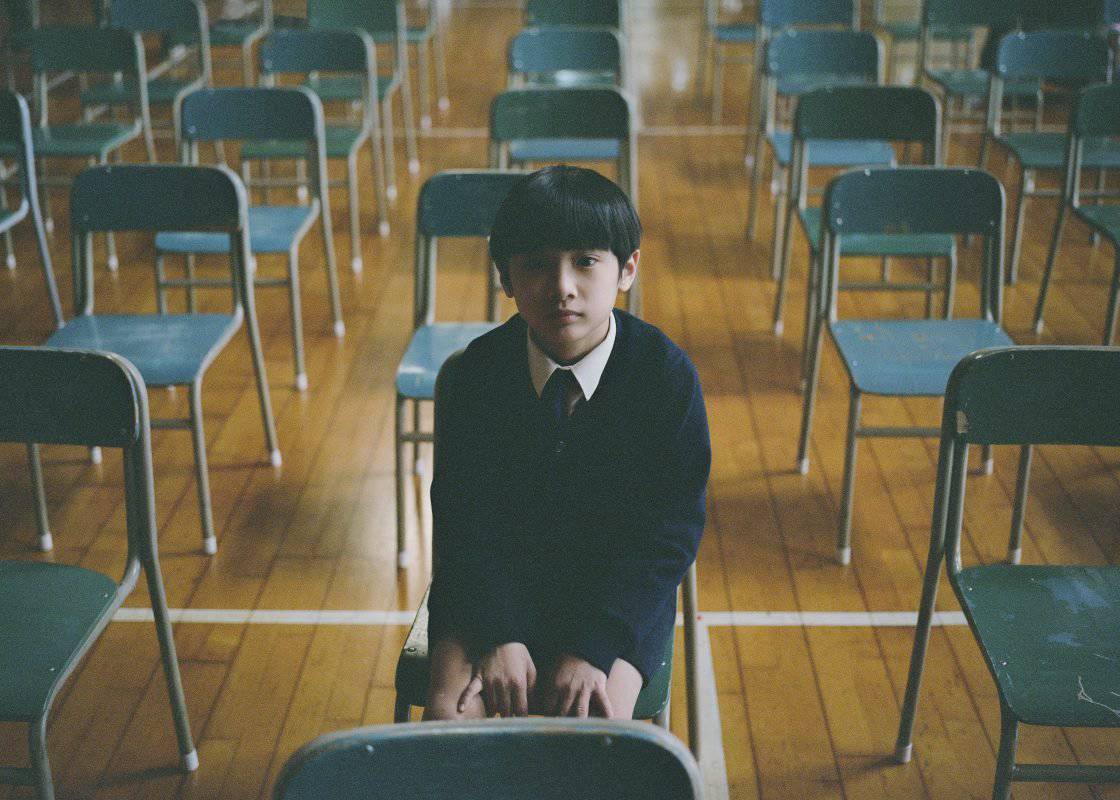
Nick Cheuk directs a film that unfolds in three axes, one taking place in the far past, when he and his brother were children, one in the present, with him trying to deal with his divorce and the suicide note, and one in the recent past, which focuses on his relationship with his wife. The three intermingle throughout the movie, but the childhood one essentially encompasses the other two. Probably the best trait of the direction is the way Cheuk shows us a child suicide in the beginning, which eventually becomes clear it took place in the Cheuk family, but retains a sense of mystery on what and to whom it happened. This sense, although the answer becomes evident after a fashion, works exceptionally well for the narrative, essentially carrying the film until the third part. (Panos Kotzathanasis)
13. Evil Does Not Exist by Ryusuke Hamaguchi (Japan)

Overall, the acting and directorial style are characterized by their simplicity, lacking in sophistication and intricacy. The true strength of this film, however, resides in its soundtrack, composed by the talented musician Eiko Ishibashi, who previously contributed to the score of “Drive My Car”. It is crucial to consider that “Evil Does Not Exist” originated as a musical project before evolving into an actual film. In fact, Ishibashi initially requested Hamaguchi to create visual imagery for her pre-existing musical compositions, subsequently developing a feature-length film together. The skilled composer crafts dramatic and often unsettling soundscapes, undeniably elevating the modest visual aesthetics of the sequences. (Siria Falleroni)
12. Toxic Parents by Kim Su-in (S. Korea)
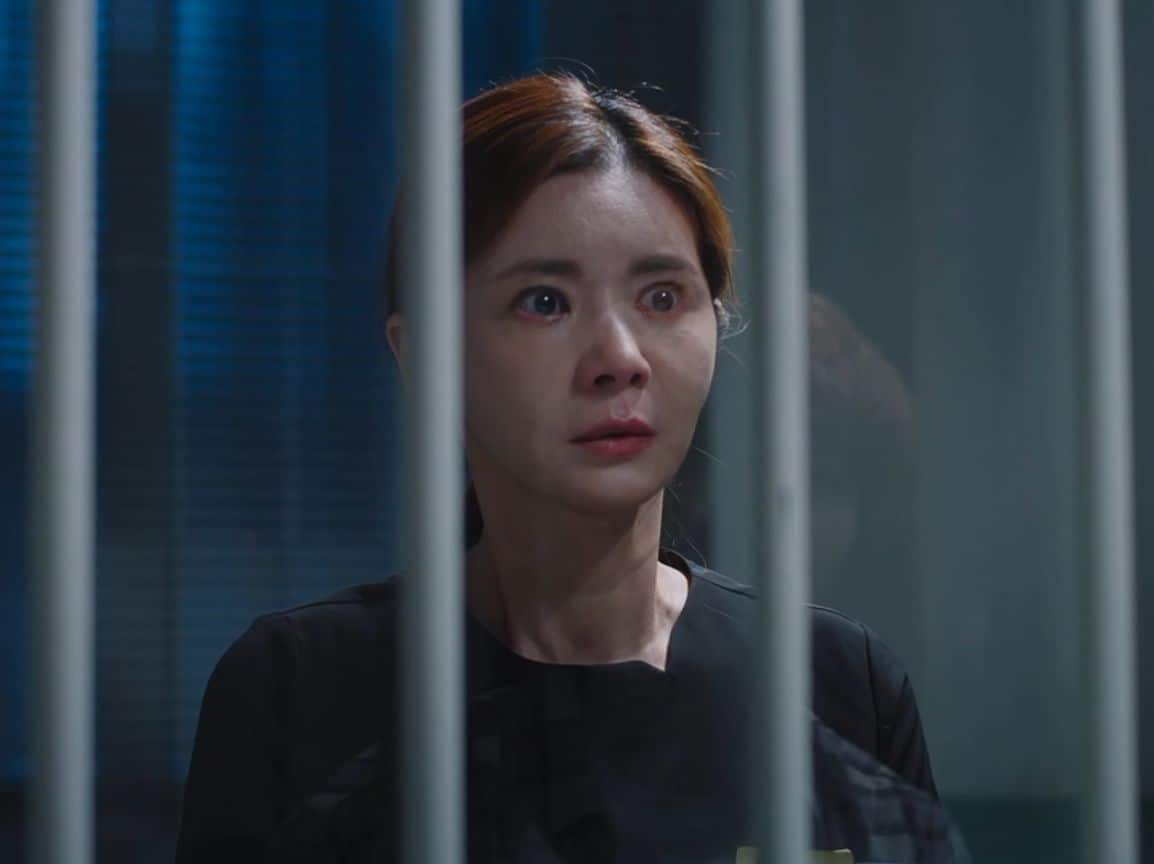
Aside from the expectations created by its obvious name, “Toxic Parents” encapsulates a specific time in an online world but finds something universal through its truth and accuracy. Yoo-ri's story is a hard, necessary watch; didactic in its messaging but vital in its thesis. It's a call for empathy and understanding and support for those who have no one to ask for it, bolstered by a range of committed performances keen to make you feel every bit of pain it has to offer. (Simon Ramshaw)
11. Techno Brothers by Hirobumi Watanabe (Japan)
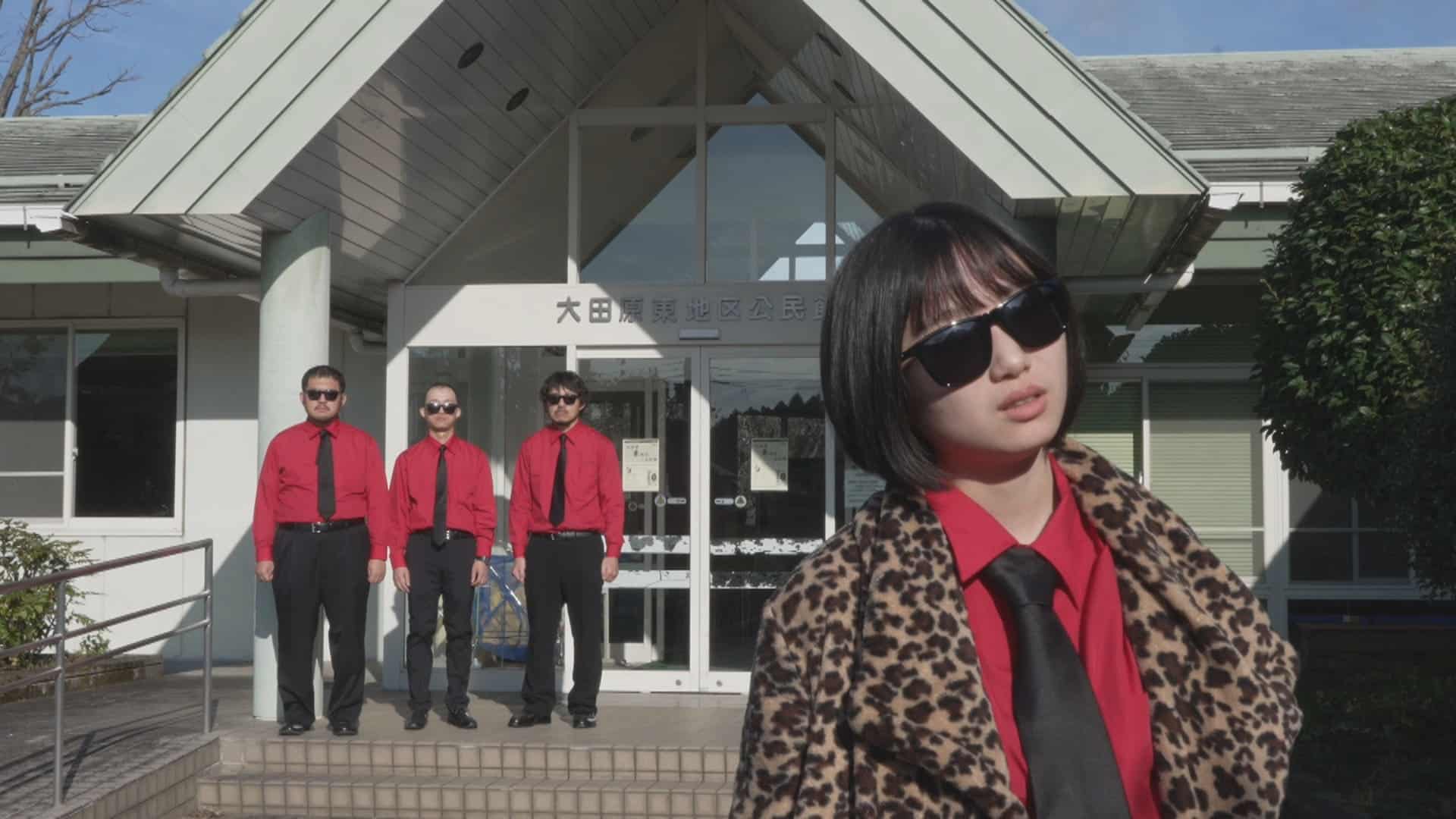
Laden with dry humour, the story introduces the audience to the “Meta and meta pizza” in an Italian restaurant, to illegal cost-free “burials”, and strange conditional trainings for stage performances, while directly criticizing the impossible conditions under which contemporary artists work. The dog-eat-dog situation is given through the relationship between the cruel manager and the band that silently accepts her bullying. In Watanabe Hirobumi's 11th feature film, the precarious lives of artists are scrutinized with a large portion of irony. No success, no food, just tap water. No pain, no gain gets replaced by no winning prizes, no nourishment. According to the FEFF advisor Mark Schilling, Himuro's character was inspired by the former editor-in-Chief of American Vogue Anna Wintour which is given in her signature bob haircut and dark sunglasses, and a remake of a photograph with the cat the manager is using as the inspiration for success. (Marina D. Richter)





